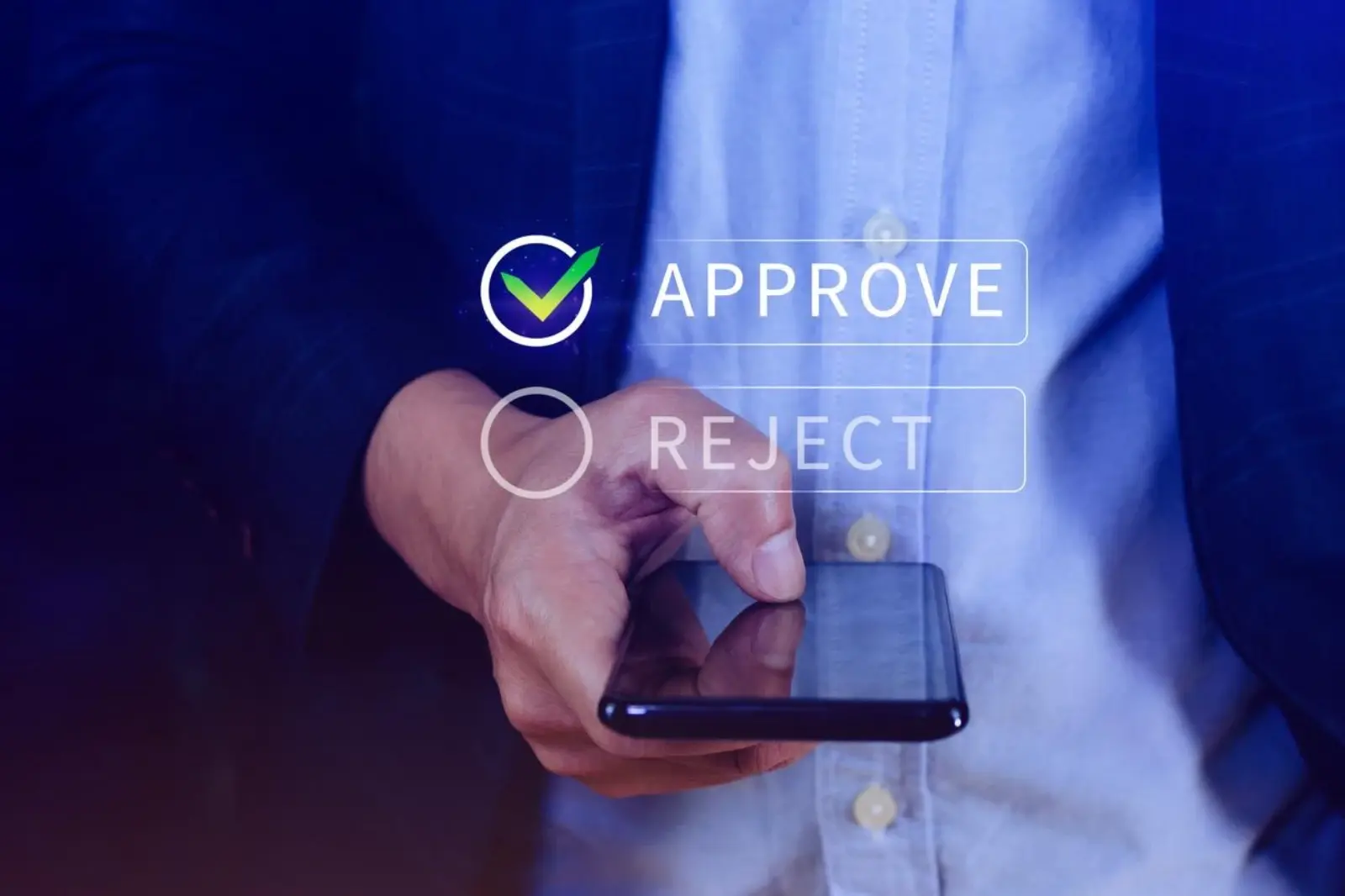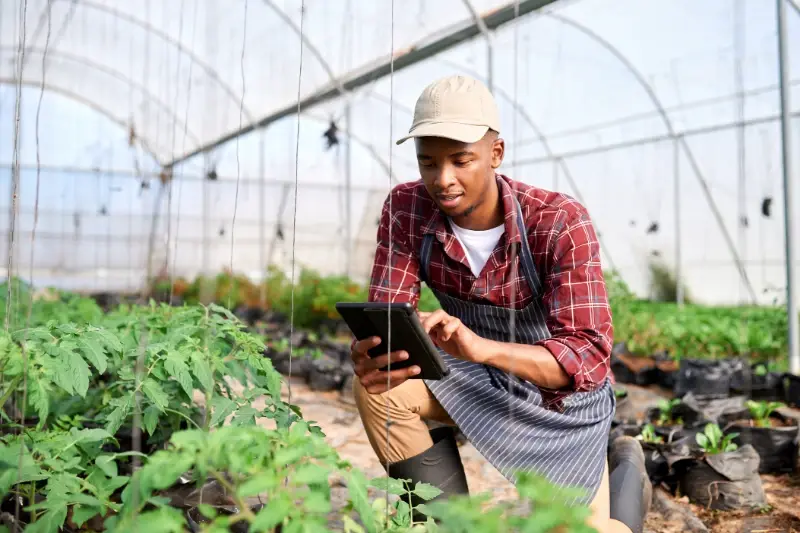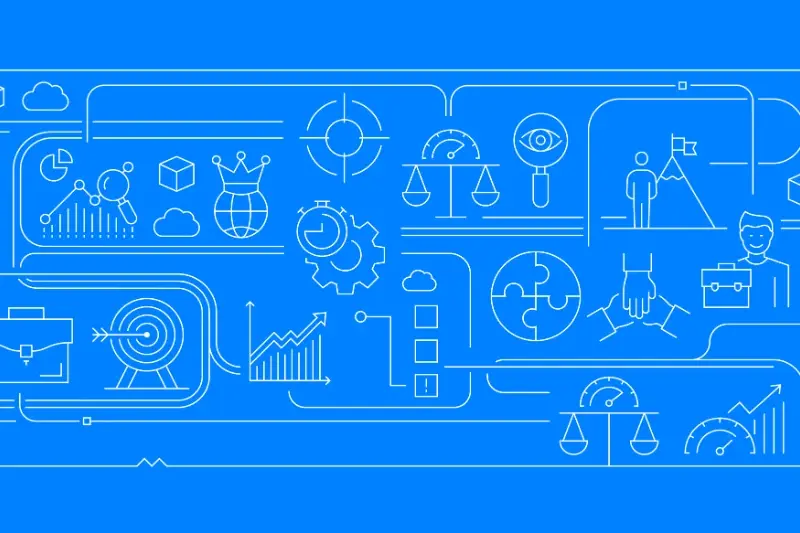Solo App Development: The Honest Path from Concept to Launch
Starting your solo app development journey can feel like standing at the foot of Mount Everest - exciting yet somewhat intimidating. As app developers who've guided countless entrepreneurs through their app development journey, we understand that initial mix of enthusiasm and uncertainty all too well.
The path to creating your own app isn't about knowing everything from day one - it's about being willing to learn, adapt, and persist through challenges.
Whether you're a budding entrepreneur with a groundbreaking idea or a professional looking to bring your vision to life, the decision to develop an app independently is significant. The good news? The self-made app landscape has evolved dramatically, offering multiple paths to success - from traditional coding to no-code app building platforms.
We've witnessed countless individuals navigate this path, each bringing unique app development skills to the table. Some started with extensive programming knowledge, while others began with nothing more than determination and a clear vision. What united them all was their commitment to the individual developer resources available and their willingness to embrace the learning curve.
In this guide, we'll walk you through the realistic steps of solo app development, sharing insights gained from working with independent developers across the UK. We'll explore everything from essential skills and no-code solutions to practical tools and testing strategies. Think of this as your honest roadmap - no sugar-coating, just straightforward guidance to help you make informed decisions about your development journey.
Understanding What You're Getting Into: Skills and Requirements
Let's have an honest chat about what it takes to develop an app on your own. If you're like many entrepreneurs we've advised over the years, you're probably feeling a mix of excitement and uncertainty about the journey ahead. That's completely normal – building an app solo is a bit like learning to cook a complex meal without any prior kitchen experience.
The Essential Skills Toolkit
At minimum, you'll need to understand programming fundamentals, user interface design principles, and how mobile platforms work. For iOS development, you'll need to learn Swift or Objective-C, while Android requires Java or Kotlin. Don't panic though – you don't need to master everything at once. Many brilliant developers started with simple apps and gradually built their skills.
The Reality Check
We'll be straight with you: the learning curve can be steep. From our experience working with solo developers, it typically takes 3-6 months of dedicated learning before you can build even a basic app. The good news? The UK has brilliant resources to help you learn, from free courses at FutureLearn to affordable bootcamps at places like Code First Girls or General Assembly.
You'll also need to consider the time investment. Think of it like training for a marathon – you can't sprint the whole way. Most solo developers spend 20-30 hours weekly learning and coding alongside their regular commitments. Factor in time for testing, debugging, and the inevitable moments when you'll need to step back and rethink your approach.
Remember, it's perfectly okay to start small. Many successful apps began as simple projects that grew over time. The key is to be realistic about your capabilities and time constraints while maintaining your enthusiasm for learning.
No-Code Solutions: A Valid Starting Point
When starting your app development journey, it's perfectly natural to feel overwhelmed by the technical requirements. As an experienced team who's guided countless entrepreneurs through this process, we understand the desire to maintain control while keeping costs manageable. That's where no-code solutions come into play.
Understanding No-Code Platforms
No-code app building platforms have evolved tremendously, offering a legitimate path for individual developers to turn their ideas into reality. Tools like Bubble.io and Adalo have made it possible for entrepreneurs with minimal technical background to create functional apps. Here in the UK, platforms like Thunkable and GlideApps have growing communities of self-made app creators who started from scratch.
Before diving into traditional coding, spend at least two weeks exploring no-code solutions. You might be surprised by what you can achieve, and the experience will help you better understand app structure and user flow.
The Reality Check
While no-code platforms are powerful, they do have limitations. Complex features, unique animations, or specific technical requirements might still need traditional coding. However, these platforms excel at helping you validate your app idea, create a basic prototype, and understand the app development journey without significant investment.
Think of no-code tools as training wheels - they're not just for beginners. Many successful apps started as no-code prototypes before evolving into fully coded applications. The skills you learn using these platforms - user experience design, feature prioritisation, and project management - are invaluable, regardless of whether you eventually transition to traditional coding or not.
Essential Tools and Resources for Solo Developers
When you're embarking on your solo app development journey, having the right tools can make the difference between pulling your hair out and sailing smoothly through development. Think of it as preparing for a DIY project - you wouldn't try to build a cabinet with just a hammer, would you?
Development Essentials
Let's start with the basics. For coding, Visual Studio Code is a brilliant (and free) code editor that's become the industry standard. If you're working with iOS apps, Xcode is your go-to tool, whilst Android Studio is essential for Android development. These might seem daunting at first - rather like sitting in an aeroplane cockpit - but they become familiar with practice.
Support Tools That Make Life Easier
Version control is absolutely crucial - Git and GitHub are your best friends here. They're like having an infinite undo button and a backup system rolled into one. For design work, Figma offers a generous free tier that's perfect for creating your app's interface.
If you're just starting out, consider exploring no-code platforms like Bubble or FlutterFlow. These platforms can help you create a working prototype without writing a single line of code. The BBC's Micro:bit educational platform is also brilliant for understanding basic programming concepts.
For learning resources, the Open University offers excellent free courses through OpenLearn, and FutureLearn partners with UK universities for comprehensive tech courses. Don't forget about local tech meetups - places like Birmingham's Silicon Canal or Manchester's Tech Hub often host workshops and networking events.
Remember, you don't need every tool under the sun to get started. Begin with the essentials and add more as your needs grow. Just like a chef doesn't buy every gadget at once, build your toolkit gradually as you develop your skills.
Managing Your Development Journey: From Planning to Testing
After working with countless solo developers over the years, we've learned that the app development journey is more of a marathon than a sprint. The path from concept to launch requires careful planning, steady progress, and thorough testing - whether you're using traditional coding or no-code solutions.
A well-planned app development journey is like building a house - you need a solid foundation before you can start thinking about the furniture
Creating Your Development Roadmap
Start by breaking down your app development journey into manageable chunks. We recommend using project management tools like Trello or Notion to track your progress. Create milestones for design, development, testing, and launch phases. This helps prevent the overwhelming feeling that many solo developers experience when tackling their first self-made app.
Testing and Iteration
Testing isn't just about finding bugs - it's about ensuring your app truly serves its purpose. Begin with friends and family, then gradually expand to a small group of target users. Tools like TestFlight (iOS) and Internal App Sharing (Android) are brilliant for beta testing. Remember, feedback at this stage is precious gold for your app development skills growth.
For those using no-code app building platforms, many offer built-in testing tools. Platforms like Bubble and Adalo provide preview environments where you can test your app's functionality before going live. The key is to test early and often, making small adjustments rather than major overhauls later.
Throughout your individual developer journey, remember that setbacks are normal. Keep a development diary to track your decisions and learnings - it's amazing how helpful this can be when you're troubleshooting or planning future updates.
Conclusion
Embarking on a solo app development journey is both challenging and rewarding - rather like learning to play a musical instrument. While you might not create a masterpiece straight away, the satisfaction of building something with your own hands is truly incomparable.
Whether you choose to start with no-code platforms or dive straight into traditional programming, remember that every successful app developer started exactly where you are now. The key is to be realistic about your goals and timeline whilst maintaining the passion that inspired your app idea in the first place.
From our experience working with countless entrepreneurs and solo developers, we've seen that those who succeed typically share one crucial trait: they're not afraid to start small and iterate. Your first version doesn't need to be perfect - it just needs to work and solve a real problem for your users.
If you're feeling overwhelmed, take heart in knowing that the development community is incredibly supportive. From Stack Overflow to local tech meetups in cities across the UK, you'll find fellow developers who are happy to help you overcome obstacles. Remember, even the creators of popular apps like Minecraft and Flappy Bird started as solo developers with a dream.
Whether your app becomes the next big thing or serves a small but dedicated user base, the skills and experience you'll gain along the way are invaluable. So, take that first step, embrace the learning curve, and don't forget to celebrate small victories along the way. After all, every successful app started with someone saying, "I think I can build this."
Share this
Subscribe To Our Blog
You May Also Like
These Related Stories

Mobile App Regulatory Approval: 5 Critical Steps to Success

The Complete Guide to Agricultural App Development: Growing Technology for Modern Farms





